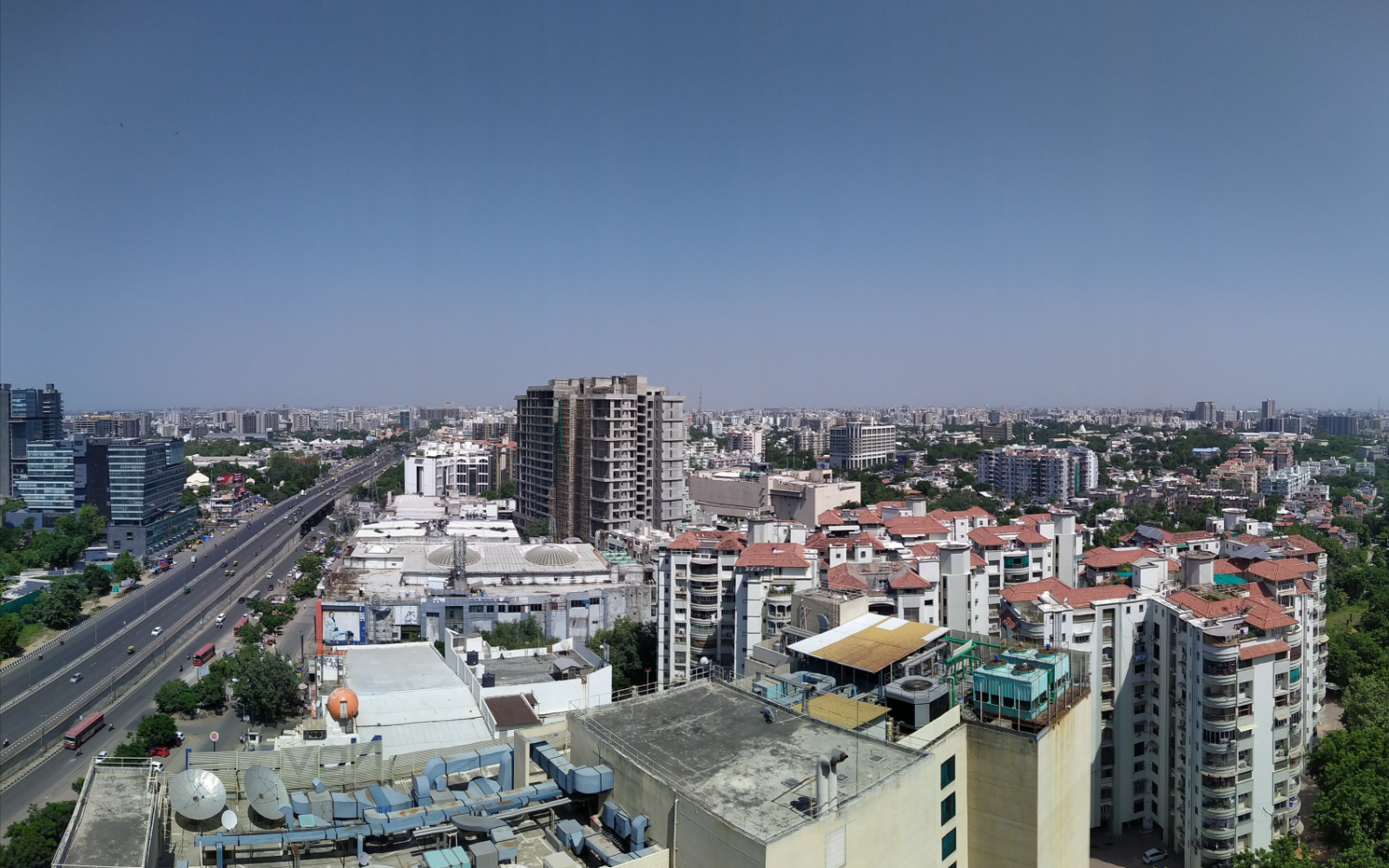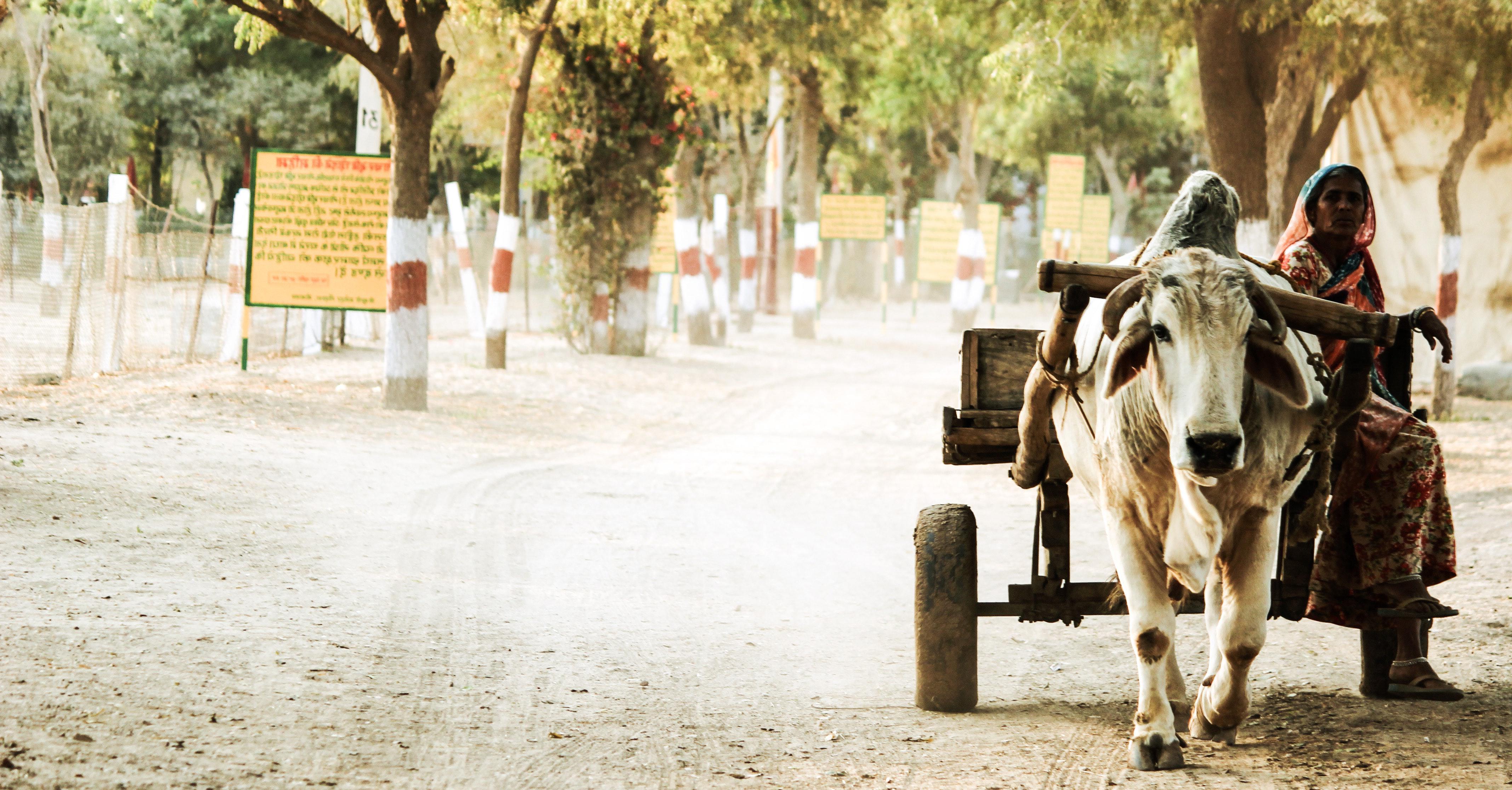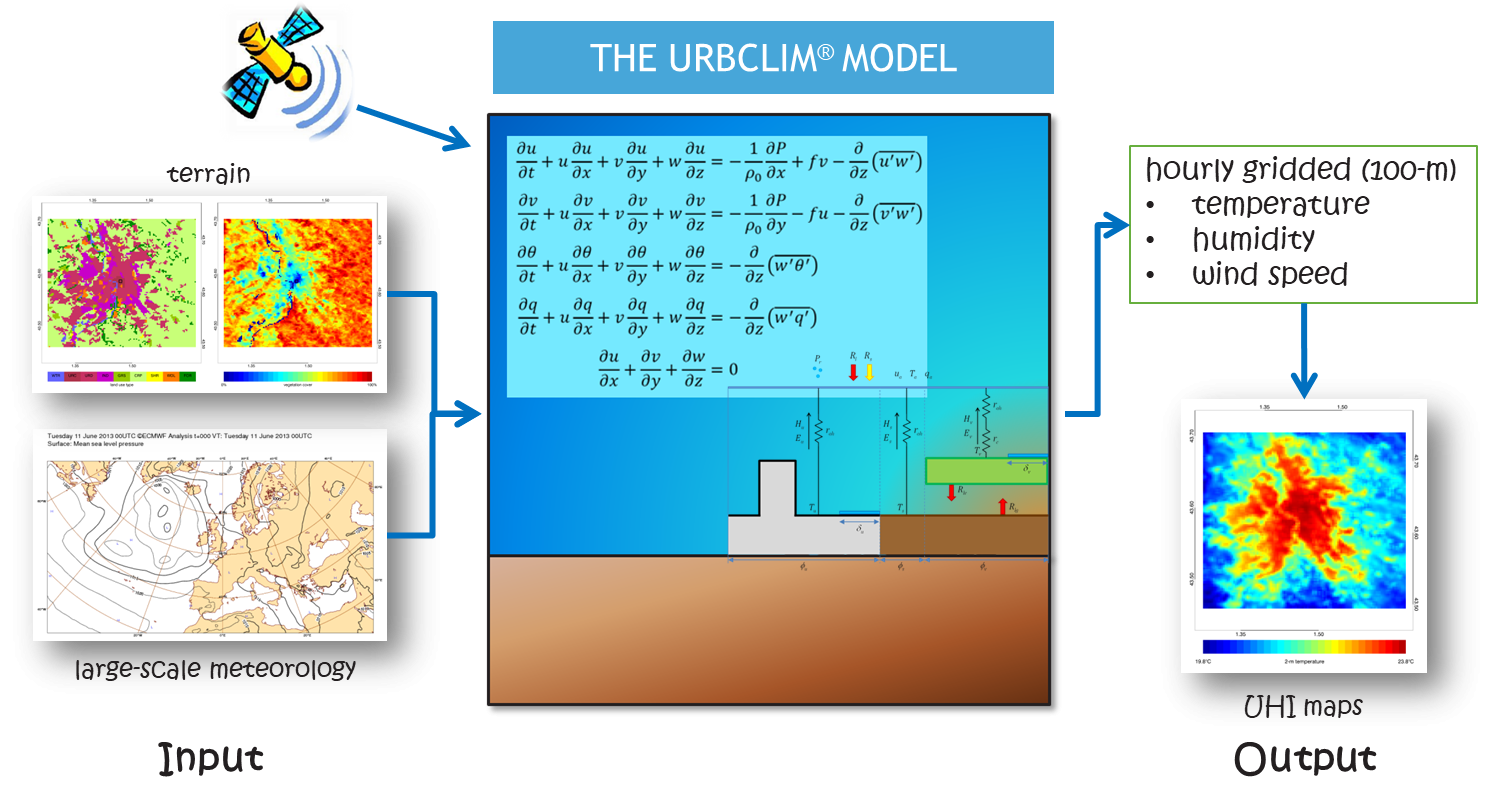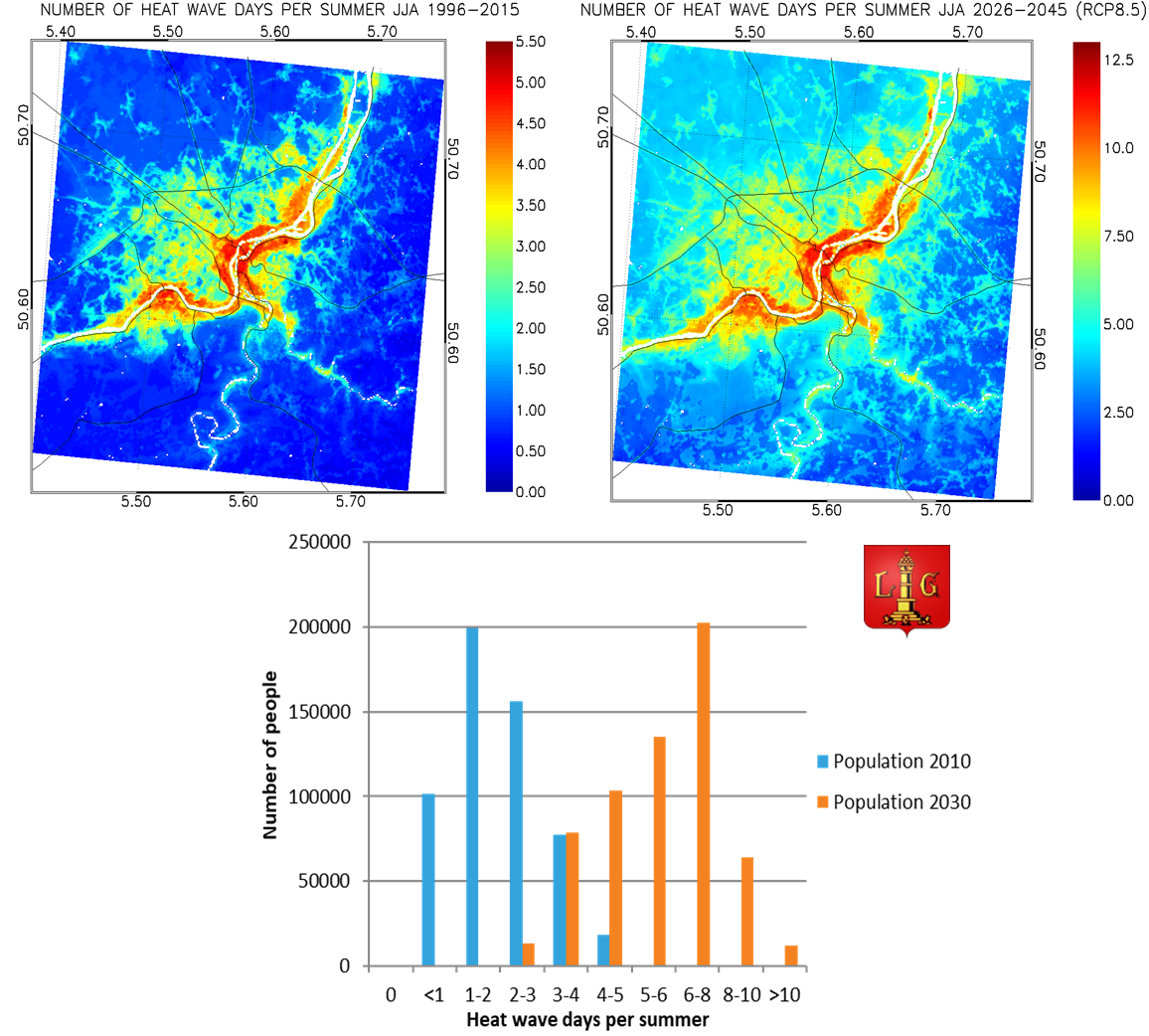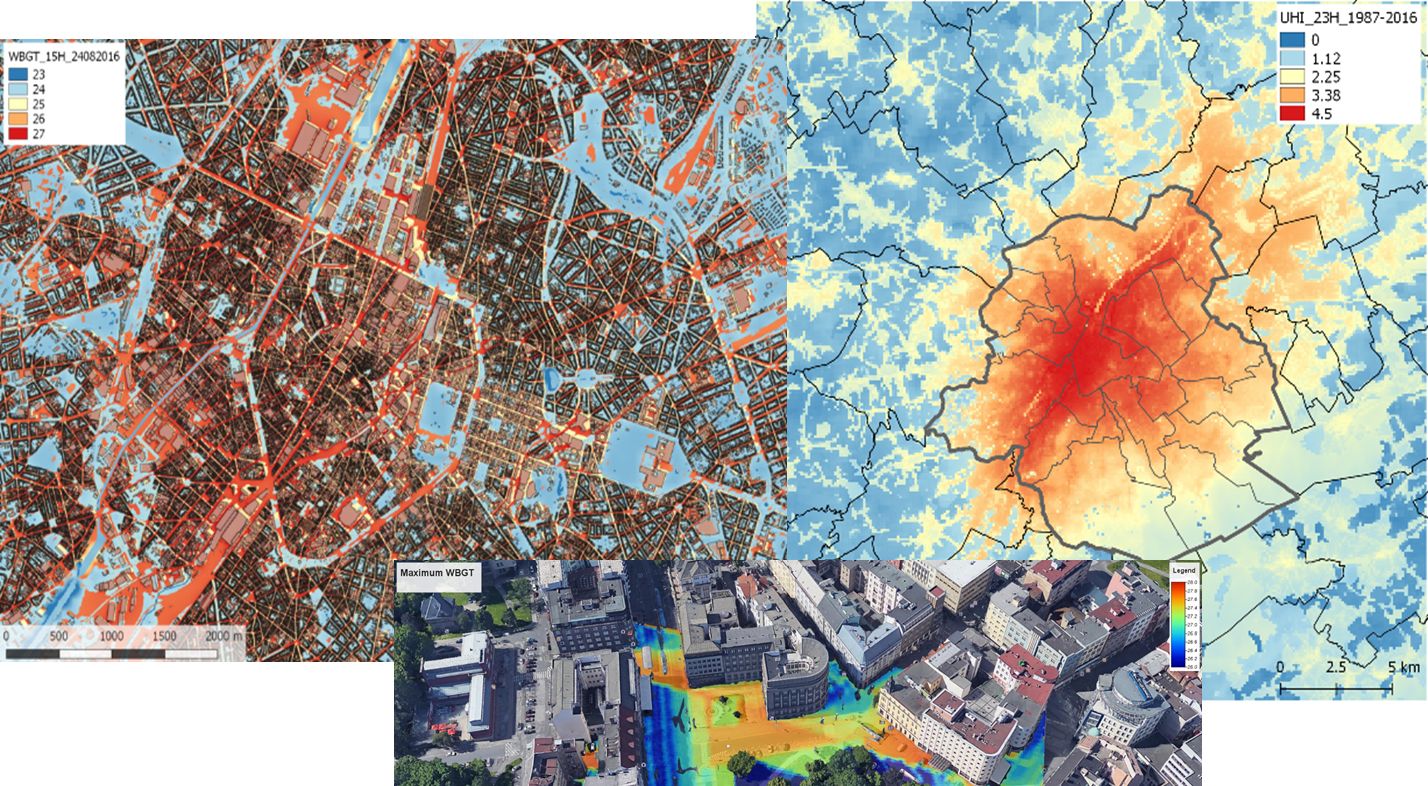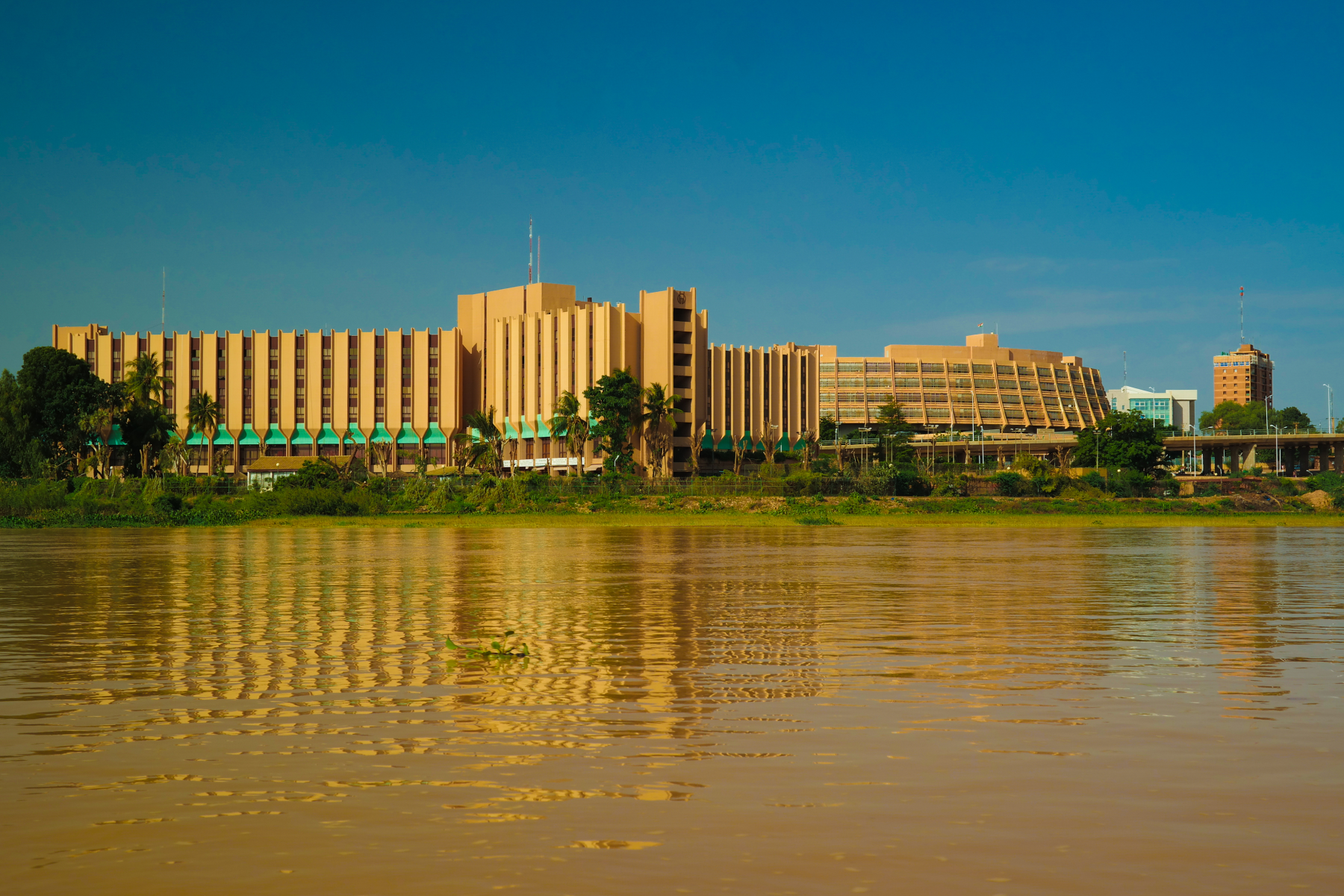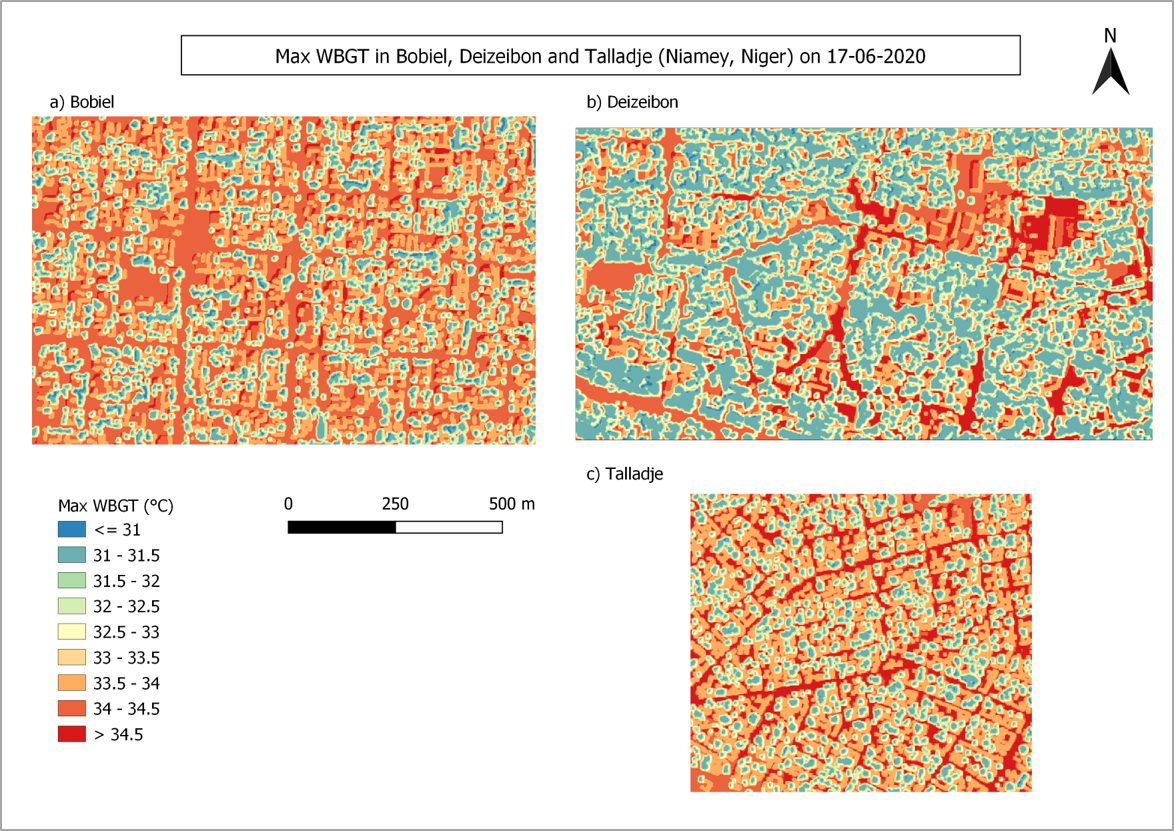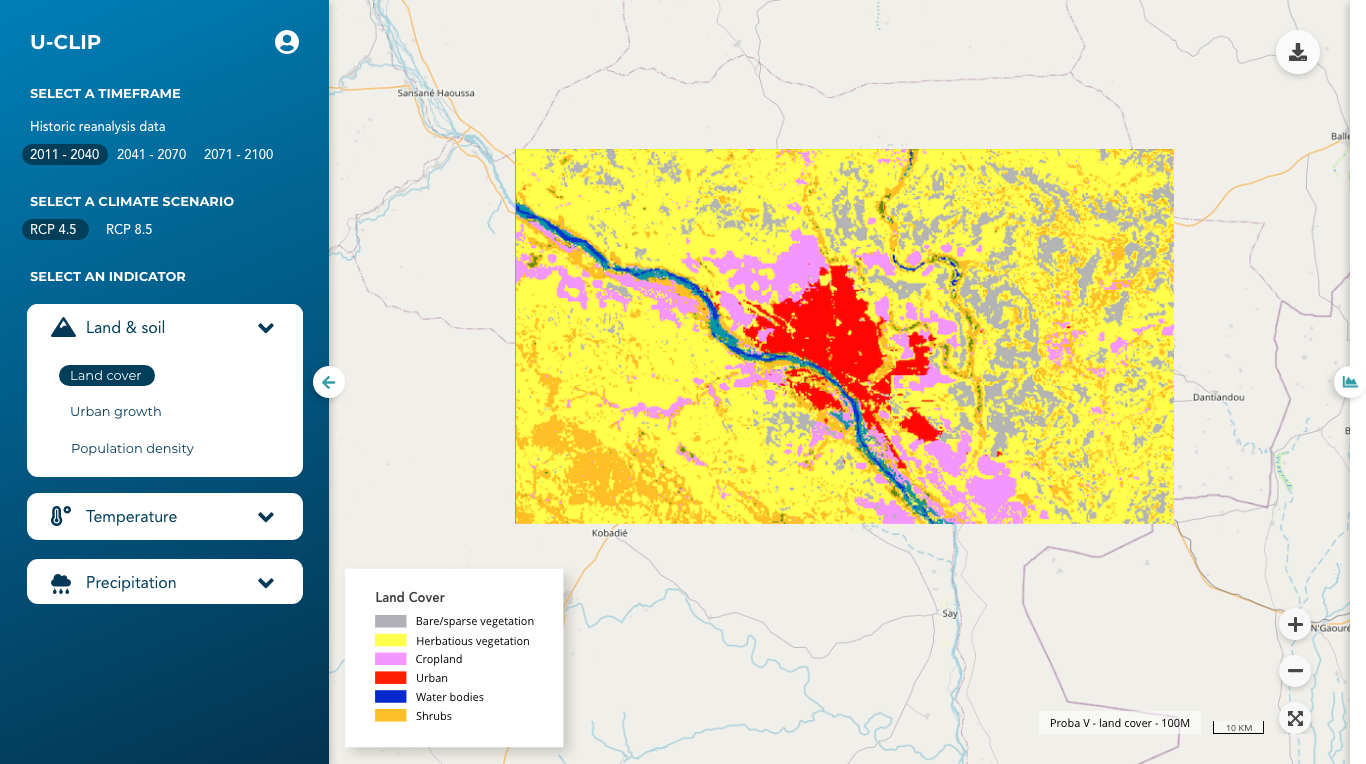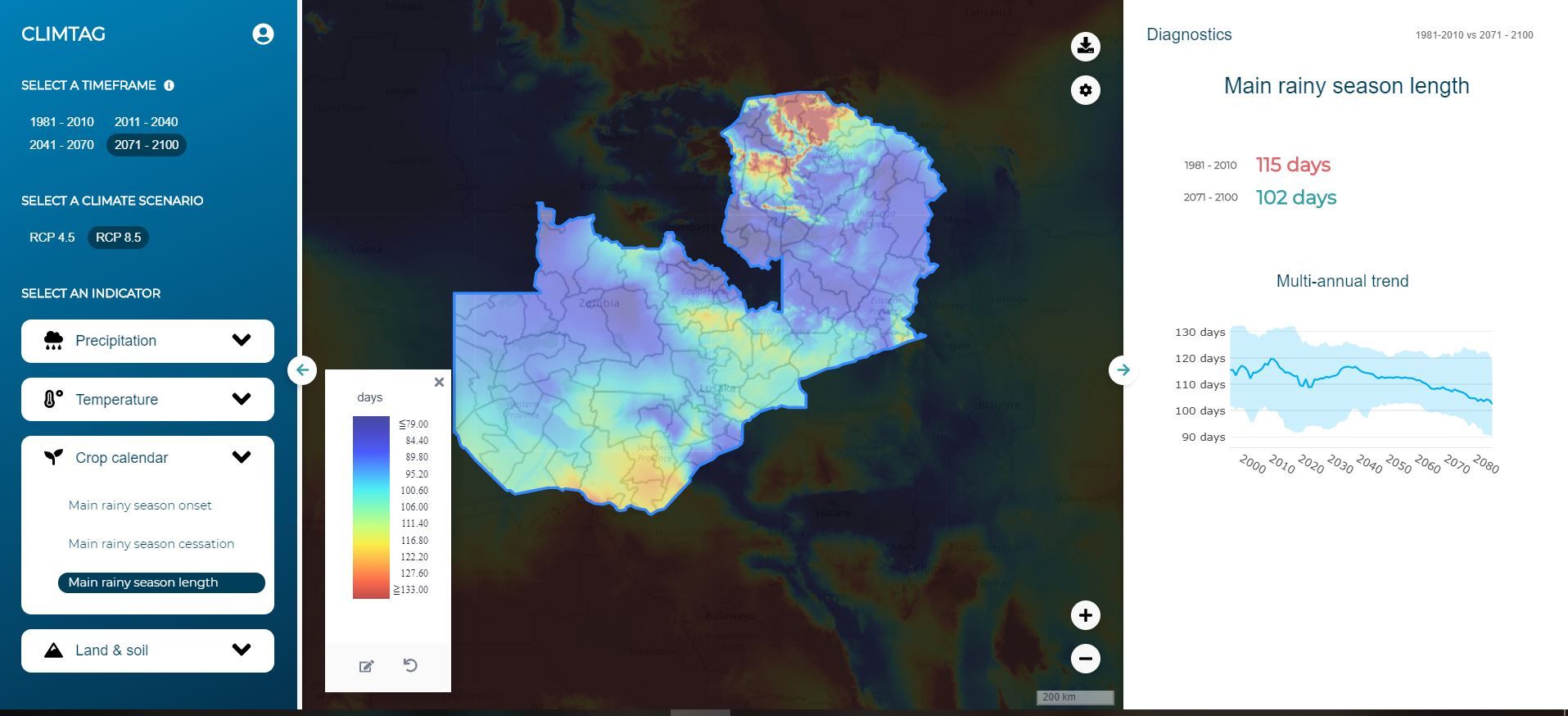Final results from the European H2020 STORM project have been released
The fact that we cannot go on heating our homes and businesses using fossil fuels forever is no secret. We must do everything we can to utilise sustainable heat sources, such as geothermal energy, residual industrial heat or heat generated by a biomass plant.
Ennatuurlijk and EnergyVille/VITO started a pilot project in Eindhoven with smart, self-learning demand side management controllers.
VITO (Biorizon co-initiator) and Avans University of Applied Sciences have been working together at the Green Chemistry Campus since the end of 2018. There, they jointly offer internships around research on valorising lignin - the substance that gives sturdiness to plants - in biopolymers for innovative applications. The thirteenth student is now doing an internship at the Campus, and since 1 June Sandra Corderí Gándara of VITO has been working at the Campus to run the VITO lab and supervise students.
Colombia NDC update
Project introduction
In 2020 the World Bank’s PMR fund contracted the consortium led by VITO to update the NDC of Colombia. The consortium, including local parties such as UniAndes and the Stockholm environmental Institute carried out the activities of updating & consolidating sector GHD emissions scenarios and assessment of associated abatement costs.
An extension project was awarded in June 2021 to VITO & consortium to conduct a gap analysis on GHG emission reduction and a marginal abatement cost curve analysis.
Objective
Supporting the review, update and consolidation of
- GHG emissions reference scenarios (baseline scenarios), by sectors and aggregated
- GHG mitigation scenarios (decarbonization scenarios), by sectors and aggregated
- Marginal abatement cost curves: mitigation options, potential and its associated costs
Facts
VITO share: 45%
Subcontractors:
- Universidad de los Andes
- (main local counterparty)
- ESMIA & SEI (modelling support)
- Wageningen Universiteit & CIAT (Agriculture/LULUCF sector)


Technical Assistance for Climate-Resilient and Low-Carbon Growth in Ahmedabad, India
Project introduction
VITO has been selected by the World Bank to assist the Ahmedabad Municipal Corporation towards Climate-Resilient and Low-Carbon Growth by diagnosing the city’s current resilience in terms of disasters, climate risks and emission intensity and quantifies its future risks. Based on the baseline assessments, needed strategic shifts, related to green technologies, service delivery mechanisms, innovative economic strategies covering adaptation and mitigation requirements, are planned for sustainable urban development of Ahmedabad.
Project highlights
- Diagnostics of city resilience in terms of disasters, climate risks and emission intensity
- Quantification of future climate risks for Ahmedabad city
- Comprehensive support including baseline assessment, climate adaptation and mitigation strategy design and implementation plans for climate-resilient and low-carbon growth
Objective
To strengthen the capacity of the city of Ahmedabad (India) for climate-resilient and low-carbon development
Partners
Taru Leading Edge, development advisory and think tank
Facts
- Funded by the World Bank Group
- Duration: 11 months, started in October 2021
Climate-health risk management in India (CHARISMA)
Intro
VITO implements and demonstrates a web based climate-health information service to support the risk management of:
- more frequent and more intense extreme heat conditions, in particular in urban areas.
- increased health risks from climate change sensitive vector-borne diseases such as malaria, dengue, chikungunya, …
Objective
To support Indian cities to become sustainable, climate-robust and healthy through data-driven problem analysis and no-regret solution design
Partners
- Avia-GIS
- PHFI-CEH
- Abhitech supports service deployment
Facts
Budget: 1,142,000 EUR (73% VITO share), funded by International Climate Finance from the Government of Flanders + own financing by partner Avia-GIS
Duration: 3 years, started in December 2020


Urban Climate Information Platform Niger (U-CLIP)
Project introduction
VITO establishes an open web-based urban climate change information platform for Niamey, Niger. The platform is tailored to suit the needs of local authorities and stakeholders from civil society. Uptake of the U-CLIP platform by these local actors will assist the formulation of widely supported measures to enhance Niamey’s resilience to projected impacts of climate change.
The project also entails a plan to achieve a massive upscaling of the u-CLIP platform towards other cities across the African continent.
Project highlights
- Digital platform with high-resolution urban climate information
- Identification of the urban heat island effects now and in the future
- Support for Niamey city officials to moderate the impact of heat waves for the health sector and to enforce the energy sector with information about cooling degree days
- Involvement of city officials, councils, youth and local urban planning experts
Objective
To strengthen, through the U-CLIP platform, the resilience of African cities to climate change impacts
Facts
Budget: 316,000 EUR, of which 90% funded by a grant from Enabel’s Wehubit programme

Partners
- ACMAD, the African Centre for Meteorological Applications for Development
- Ville de Niamey (Département de l’environnement et des aménagements paysagers)

Climate Platform for Adaptation in the Agricultural sector in Africa (KLIMPALA)
Project introduction
VITO develops CLIMTAGTM, a web-based dashboard offering tailored climate information for the past and the future, including information on the onset of the rainy season, for over 20 countries across the African continent. Stakeholders, including national authorities and experts, are involved in the creation process and supported with a ready-to-use tool, insights in barriers for effective climate adaptation and for acquisition of International Climate Finance, and recommendations to overcome these barriers. Climate-robust initiatives for the agro-sector by local entrepreneurs are implemented in three African countries with financial and capacity building support of the project consortium.
Highlights
- Intuitive dashboard with agro-climate information for 23 countries across Africa
- Co-design and capacity building
- Support of concrete climate adaptation projects in Uganda, Senegal and Malawi
- Insights in climate adaptation barriers
Objective
To empower stakeholders in the African agro-sector against climate change with tools, capacity building and coaching
Partners
ACMAD, the African Centre for Meteorological Applications for Development
KENTER, consultancy
i-propeller/KPMG, consultancy
OVO, Entrepreneurs for Entrepreneurs
Facts
Budget: 1,660,000 EUR (66% VITO share) funded by International Climate Finance from the Government of Flanders
Duration: 3 years, started in December 2020

Soudal founder Vic Swerts, together with two other entrepreneurs, is investing € 3.8 million in Hita, a spin-off of research organisation VITO. The next ten years HITA wants to develop ten geothermal centrals for a total amount of € 230 million and the heating of 40,000 houses.
What is the impact of decreasing fossil fuel demand on biobased cycles? What does the corona crisis teach us about this? And what does it mean for our research portfolio? Questions which VITO research director Walter Eevers is happy to answer.
It promises to be another warm long weekend. However, the exceptionally warm weather that we have been able to notice in Belgium in recent years has its consequences. Climate change will have an important effect on our health. For example, the tiger mosquito is advancing, the pollen season is shifting, we will be confronted with short-lived heat waves and we can expect to be affected by diseases that until now were reserved for tropical areas. As part of the Copernicus Programme and in collaboration with the Zoersel software company Avia-GIS, VITO has developed an instrument that shows how future weather conditions in Europe, for example, will encourage the expansion of the tiger mosquito.
From corona to living with corona. The climate gains we make with a 90% economy are smaller than the economic losses we will suffer. Things can be different. With a limited and targeted support policy for local businesses and a rather modest investment of 120 million euros, we can not only limit the contraction of the economy, but even generate climate gains.
We can also use this momentum to actively address the need to make our built environment more sustainable. This requires investments, but also generates economic returns and climate gains. In the EnergyVille paper 'The recovery after COVID-19: large-scale renovation to healthy and energy-efficient homes as a sustainable recovery for the Flemish economy (Dutch only)' you can read how our scientists are tackling this.
On 15 September it turned 30 degrees and more in many places in Belgium. According to data from the European Copernicus climate portal, this was very exceptional in the past, something that only happened every 30 years. VITO researchers calculated the current probability of reaching such high temperatures in Belgium. It appears that this has already risen to once every 8 years.
Flemish Minister of Innovation Hilde Crevits grants 430,000 euros to CAPTURE, the research platform of UGhent, VITO, UAntwerp and VUB. CAPTURE focuses on research into the circular use of CO2, plastic and water.
The three-year COLLECTORS project provided insights on how to shift to better-performing waste collection systems during a successful final conference. The need to harmonise data, waste collection systems and quality requirements came back several times in the discussions led by COLLECTORS partners and experts in the field.
The article 'Sodium-ion battery materials and electrochemical properties reviewed', published in Advanced Energy Materials, is in the top 10 most downloaded papers of all online publications in that medium between January 2018 and December 2019. The review involved two VITO researchers within EnergyVille. PhD candidate Kudakwashe Chayambuka is thus a big step closer to his great ambition. The journal itself also ranks among the top ten scientific energy journals with an impact factor of 25.
Big news! The Battery Testing Lab of EnergyVille has recently been extended with a state-of-the-art Battery Tester from the manufacturer PEC, the SBT15060. It is only the second Tester of this type to be put into use worldwide.
From 1 December onwards VITO and its South African counterpart CSIR will roll out a "battery test bed" in South Africa. The project aims to support the introduction and knowledge of electrical storage in South Africa in order to accelerate the transition to renewable energy in South Africa.


